
The surprising truth about eating eggs every day
When it comes to eggs, it’s safe to say they’re one of the most hotly debated foods in modern nutrition. Over the years, opinions have swung dramatically — from being labeled cholesterol bombs that could clog your arteries, to being praised as nutrient-dense superfoods. No wonder so many people are left wondering: what’s the real truth about eggs, and can you enjoy them without guilt?
A Long-Standing Debate
The “egg controversy” has been around for decades. In the 1970s and 1980s, nutrition experts warned that eating eggs — particularly the yolk — could increase blood cholesterol levels and, by extension, raise the risk of heart disease. As a result, many health-conscious individuals cut eggs out of their diet entirely.
However, modern science has since flipped that script. Numerous studies now show that for most healthy people, moderate egg consumption does not increase the risk of heart disease. In fact, cardiovascular health is far more influenced by trans fats, added sugars, and refined carbohydrates than by naturally occurring dietary cholesterol.
This shift in understanding has helped rehabilitate the egg’s reputation — transforming it from a dietary villain into a breakfast hero once again.
What Is Cholesterol, Really?
According to Heart UK, cholesterol is “a type of blood fat made in the liver, also found in some foods.” It plays vital roles in how the body functions — especially in the brain, nerves, and skin. About 80% of cholesterol is produced by your body, while the remaining 20% comes from your diet.
The Cleveland Clinic explains that not all cholesterol is created equal. There are two main types:
-
HDL (High-Density Lipoprotein) — often called the good cholesterol, helps remove excess cholesterol from the bloodstream and protects your arteries.
-
LDL (Low-Density Lipoprotein) — the bad cholesterol, which can build up as plaque inside arteries and increase the risk of heart attack or stroke.
Interestingly, your body naturally adjusts its cholesterol production based on your diet. When you consume more cholesterol — such as from eggs — your liver typically compensates by making less of its own. This self-regulating mechanism helps explain why eating eggs doesn’t automatically raise cholesterol levels for most people.
Why Eggs Deserve a Place on Your Plate
While eggs are relatively high in cholesterol, they’re low in saturated fat — the kind of fat that can actually raise LDL levels. They’re also packed with nutrients that make them one of nature’s most complete foods.
A single large egg contains about 6–7 grams of high-quality protein, plus all nine essential amino acids needed to build and repair muscle. Beyond protein, eggs provide healthy fats, omega-3 fatty acids, and a wide range of vitamins and minerals, including:
-
Vitamin A (for vision and skin)
-
Vitamin D (for bones and immunity)
-
Vitamin E (an antioxidant)
-
Vitamin B12 (for red blood cell formation)
-
Selenium, folate, and phosphorus
One lesser-known but powerful nutrient found in eggs is choline — a compound essential for brain health, memory, and metabolism. In fact, choline is especially important for pregnant women, as it plays a role in fetal brain development.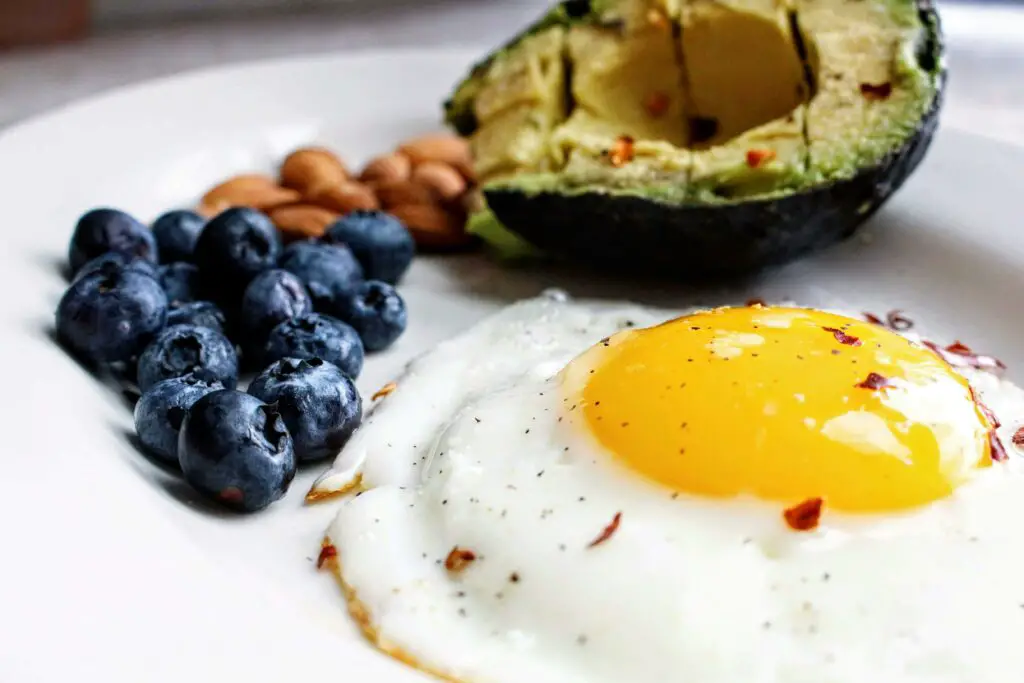
The Many Benefits of Eating Eggs
Including eggs in your diet can offer numerous health benefits. Consuming one or two eggs a day may help to:
-
🥚 Build and maintain muscle mass thanks to their complete protein profile.
-
🧠 Enhance brain function through choline and essential B vitamins.
-
👁️ Protect eye health, as egg yolks contain lutein and zeaxanthin — antioxidants linked to a lower risk of cataracts and macular degeneration.
-
🍳 Promote satiety, keeping you full longer and supporting healthy weight management.
-
❤️ Support heart and immune health, especially when combined with a balanced diet rich in vegetables, whole grains, and healthy fats.
Choosing and Cooking Eggs
Eggs are incredibly versatile — boiled, scrambled, poached, or sunny-side up, they fit into nearly any meal. You can add them to salads, sandwiches, stir-fries, or baked goods for an easy boost of protein and flavor.
Whenever possible, opt for pasture-raised or free-range eggs. These typically contain more omega-3 fatty acids, vitamin D, and antioxidants than conventional eggs, thanks to the hens’ more natural diets and outdoor access.
And remember: the way you prepare eggs matters too. Boiling or poaching them is generally healthier than frying them in butter or oil.
The Bottom Line
Eggs are safe, nutritious, and incredibly convenient. Despite their complicated reputation, they offer a perfect balance of protein, good fats, and essential nutrients — all packed into a few bites. For most people, enjoying an egg or two daily can be part of a heart-healthy, balanced diet.
So next time you’re deciding what to have for breakfast, don’t overthink it. Crack an egg, sizzle it in the pan, and enjoy one of nature’s simplest — and most misunderstood — superfoods.
News in the same category

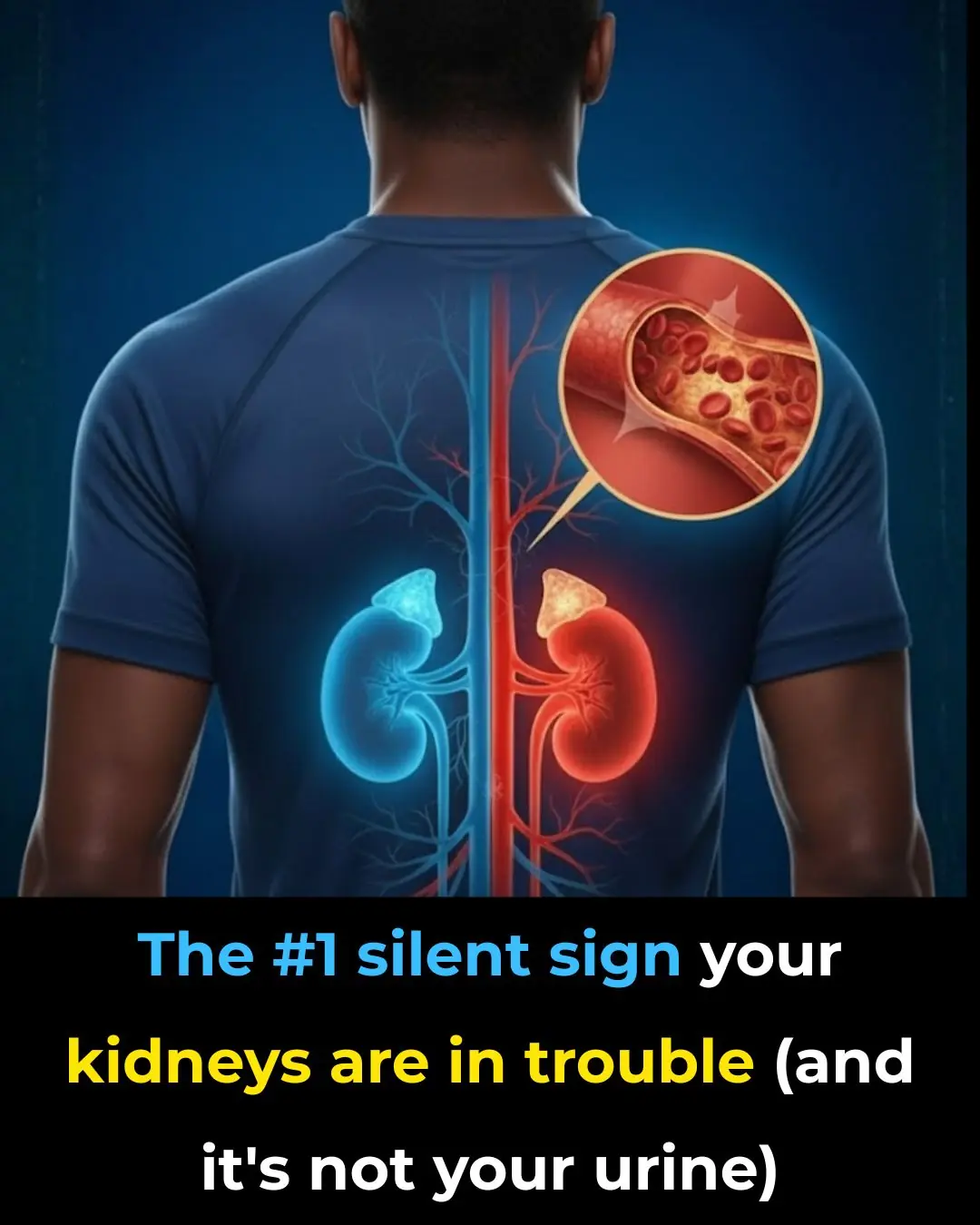
The #1 silent sign your kidneys are in trouble (and it’s not your urine)

Why Some People’s Skin Turns Red When Drinking Alcohol
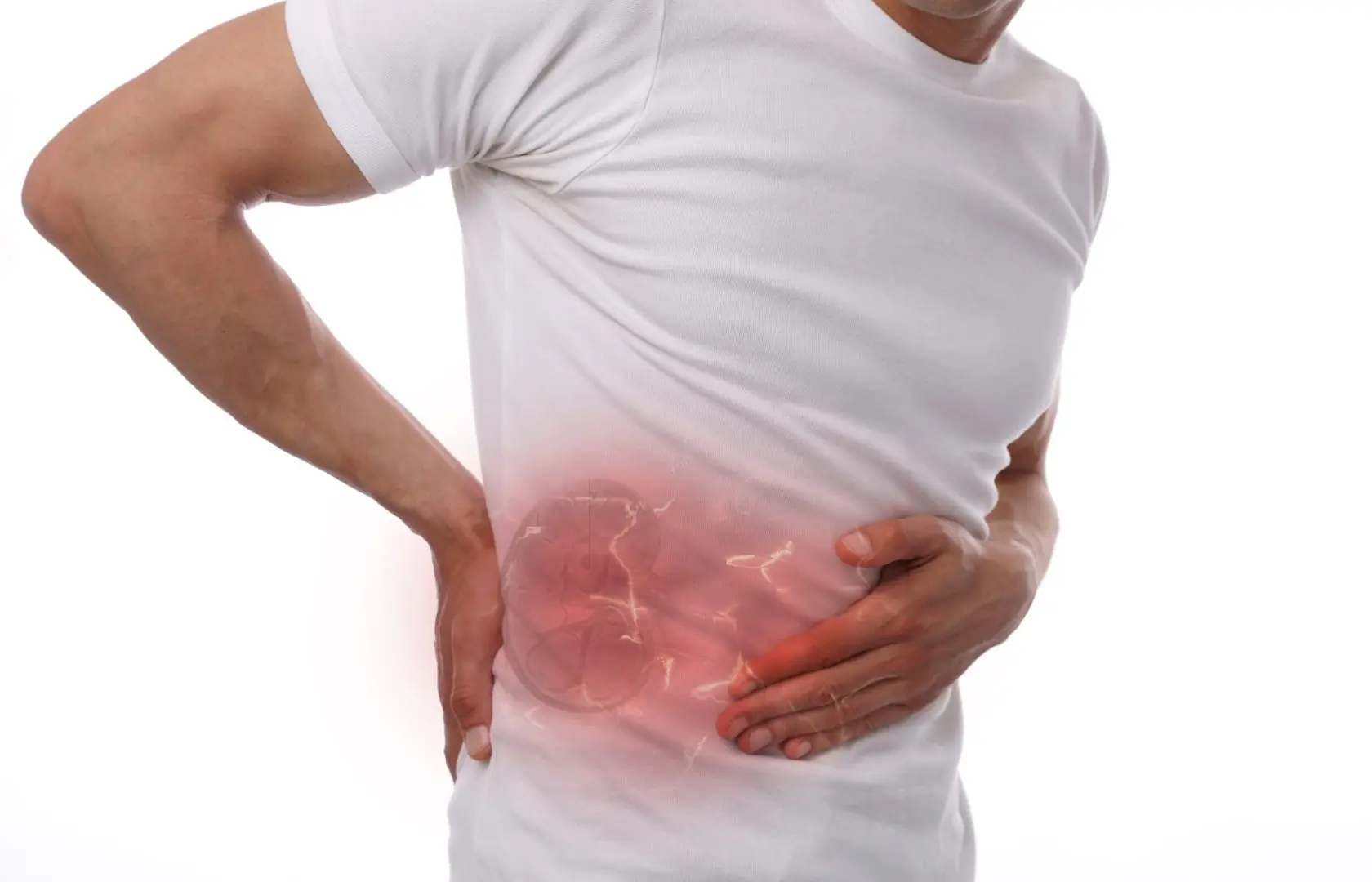
🩺 The #1 Silent Sign Your Kidneys Are in Trouble (And It’s Not Your Urine)
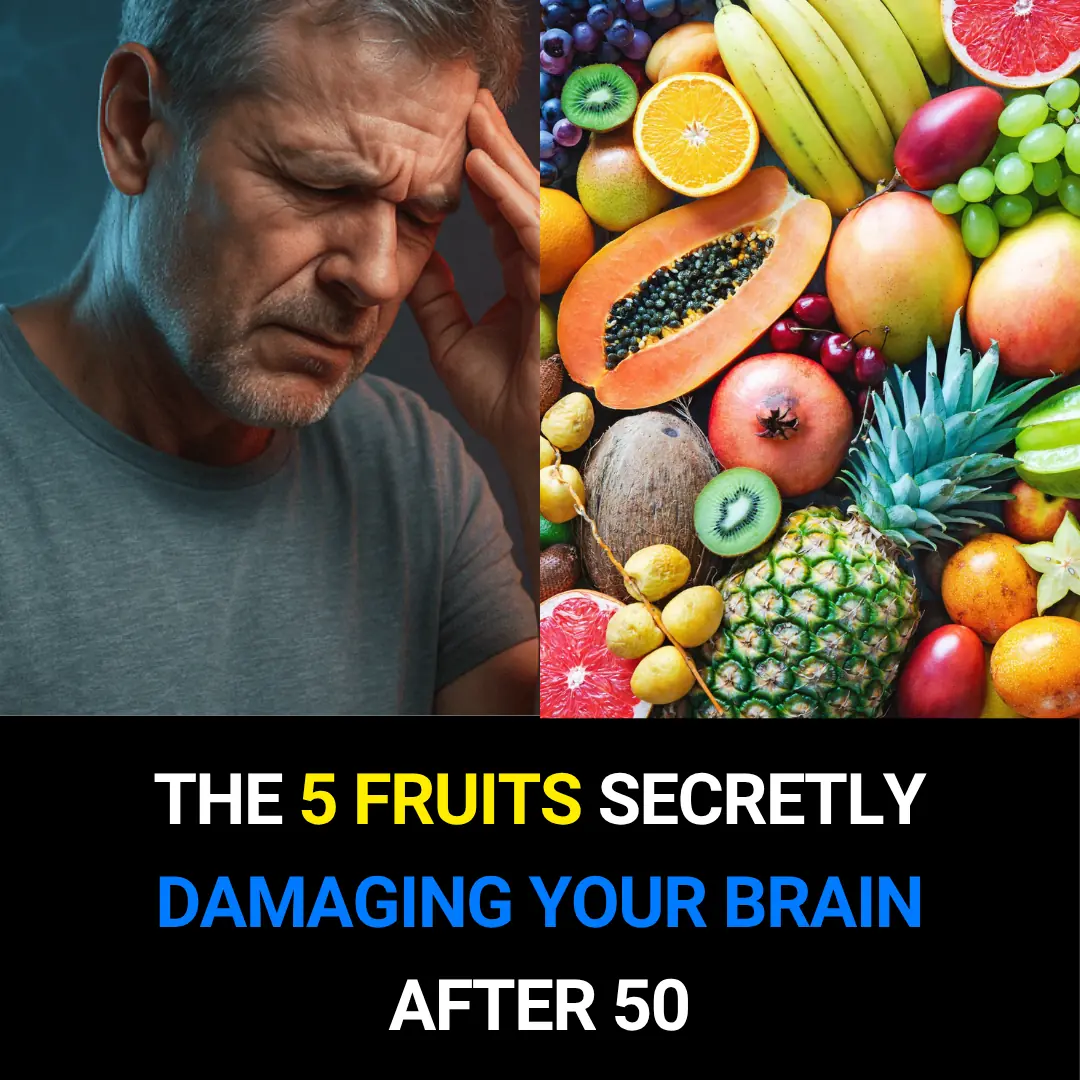
The 5 Fruits Silently Damaging Your Brain After 50 — And What to Eat Instead

Capsaicin: The Fiery Compound That Stops Heart Attacks and Destroys Cancer Cells
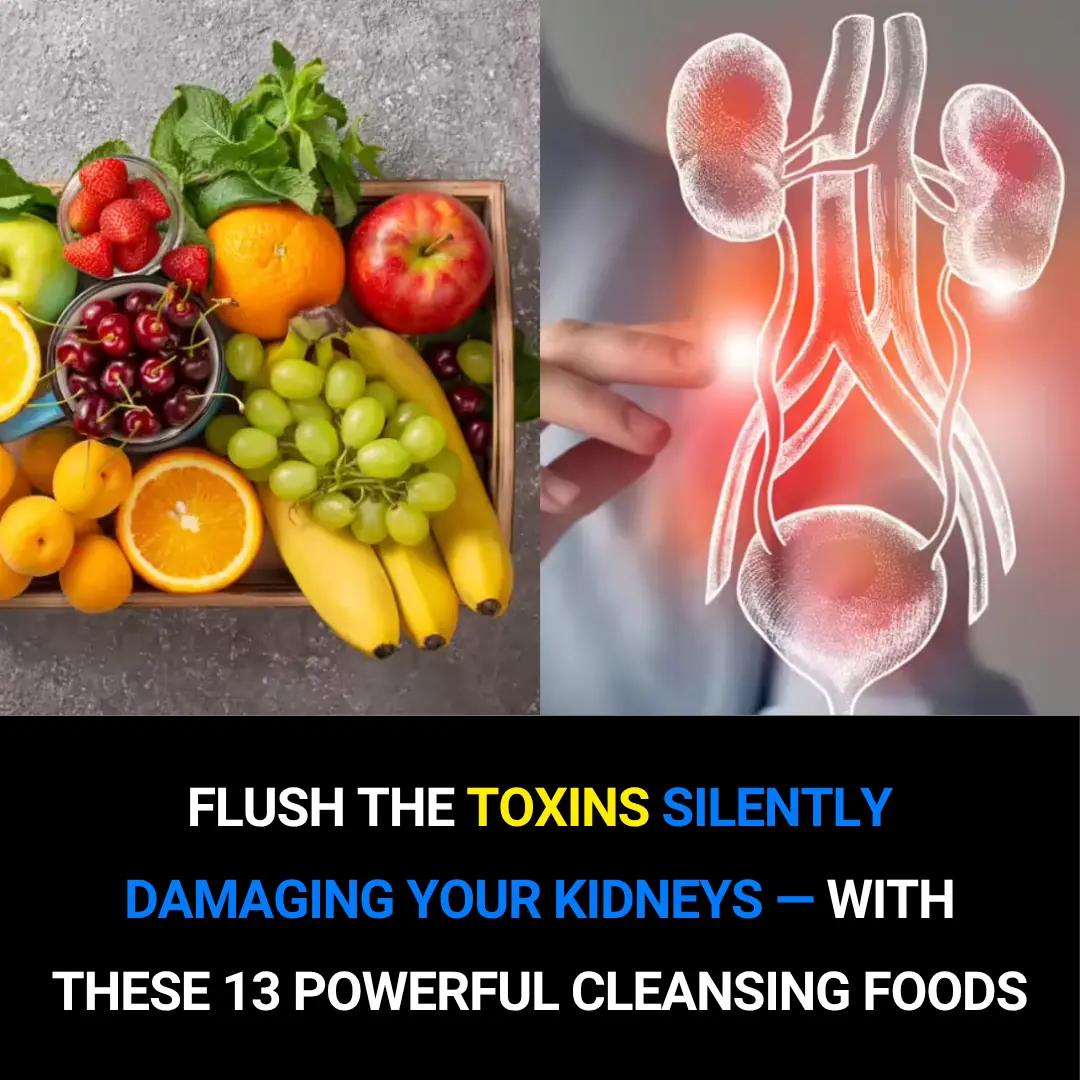
Flush Away the Hidden Toxins Damaging Your Kidneys — With These 13 Powerful Cleansing Foods

Why You Should Stop Waking Up to Urinate
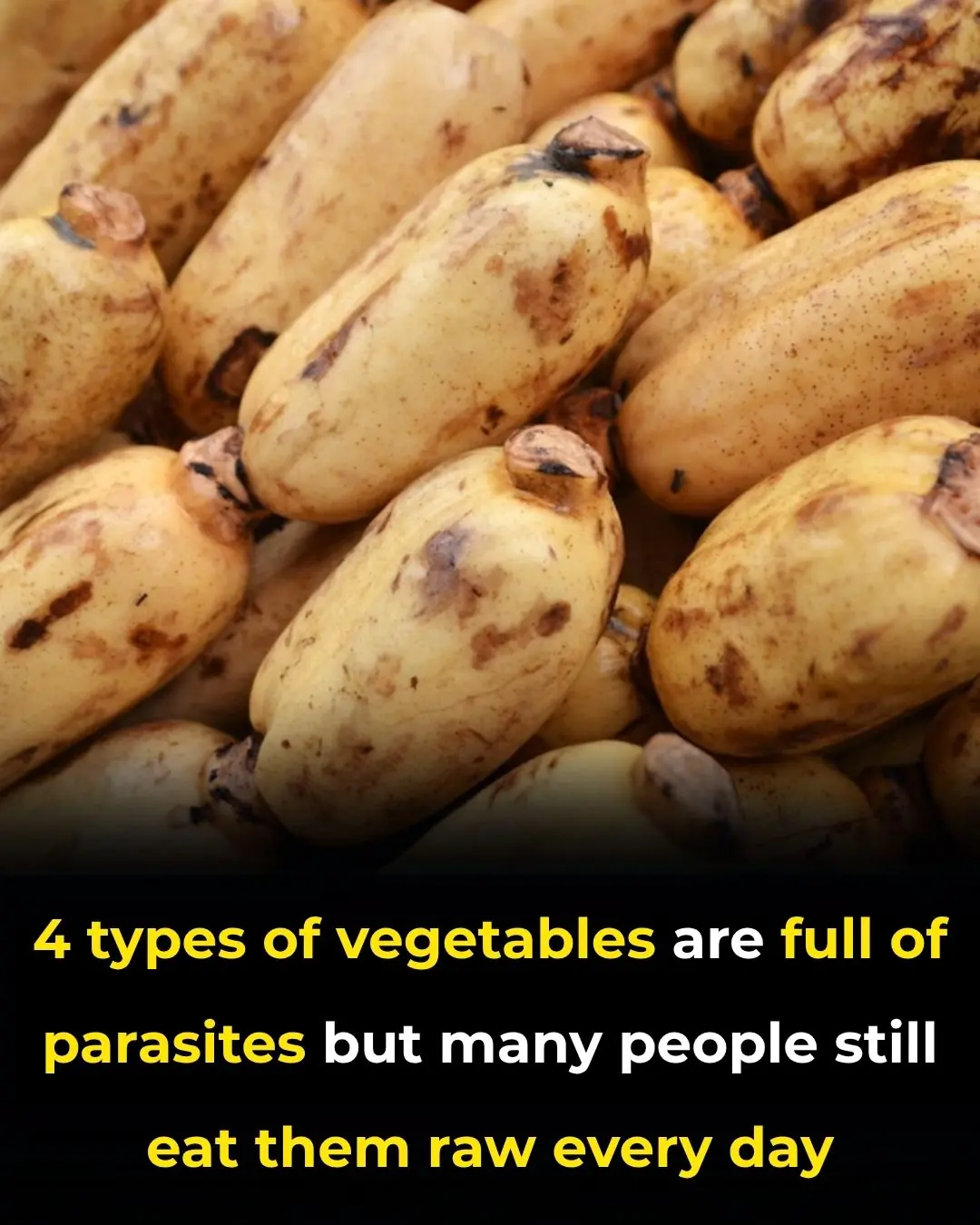
4 types of vegetables are full of parasites but many people still eat them raw every day

Hidden Dangers in Your Mouth: Early Signs of Oral Cancer
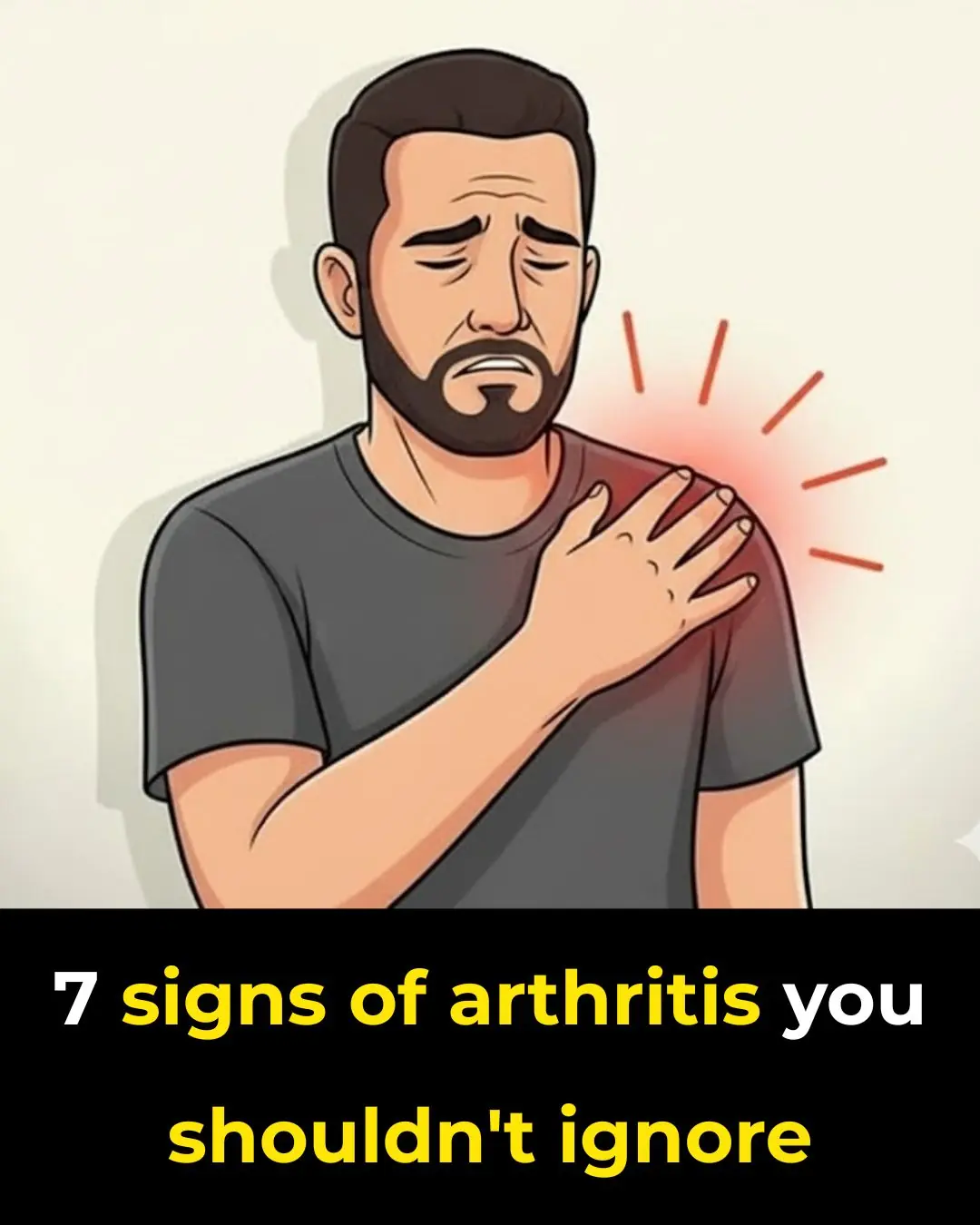
7 Signs of Arthritis You Shouldn't Ignore
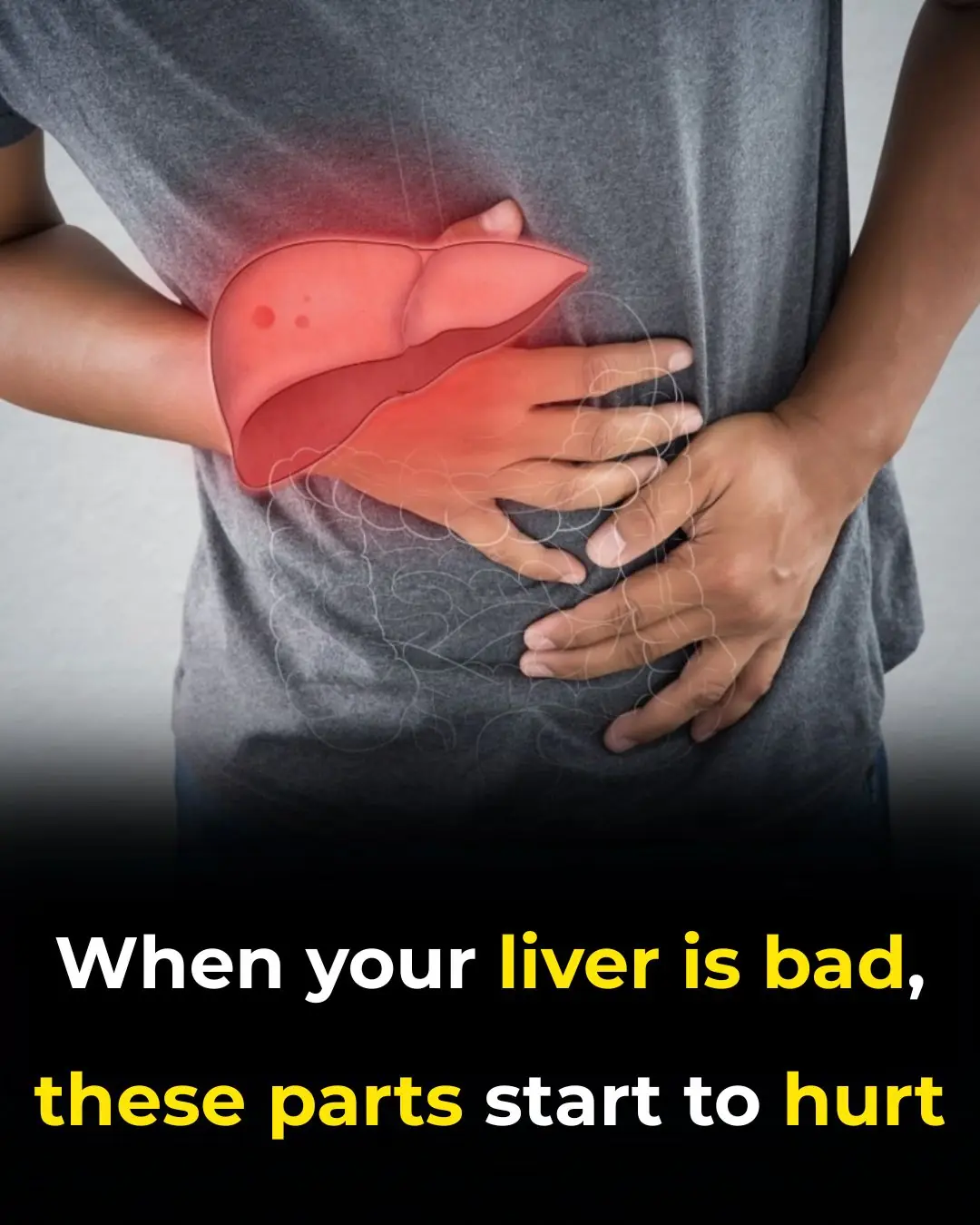
When your liver is bad, these parts start to hurt
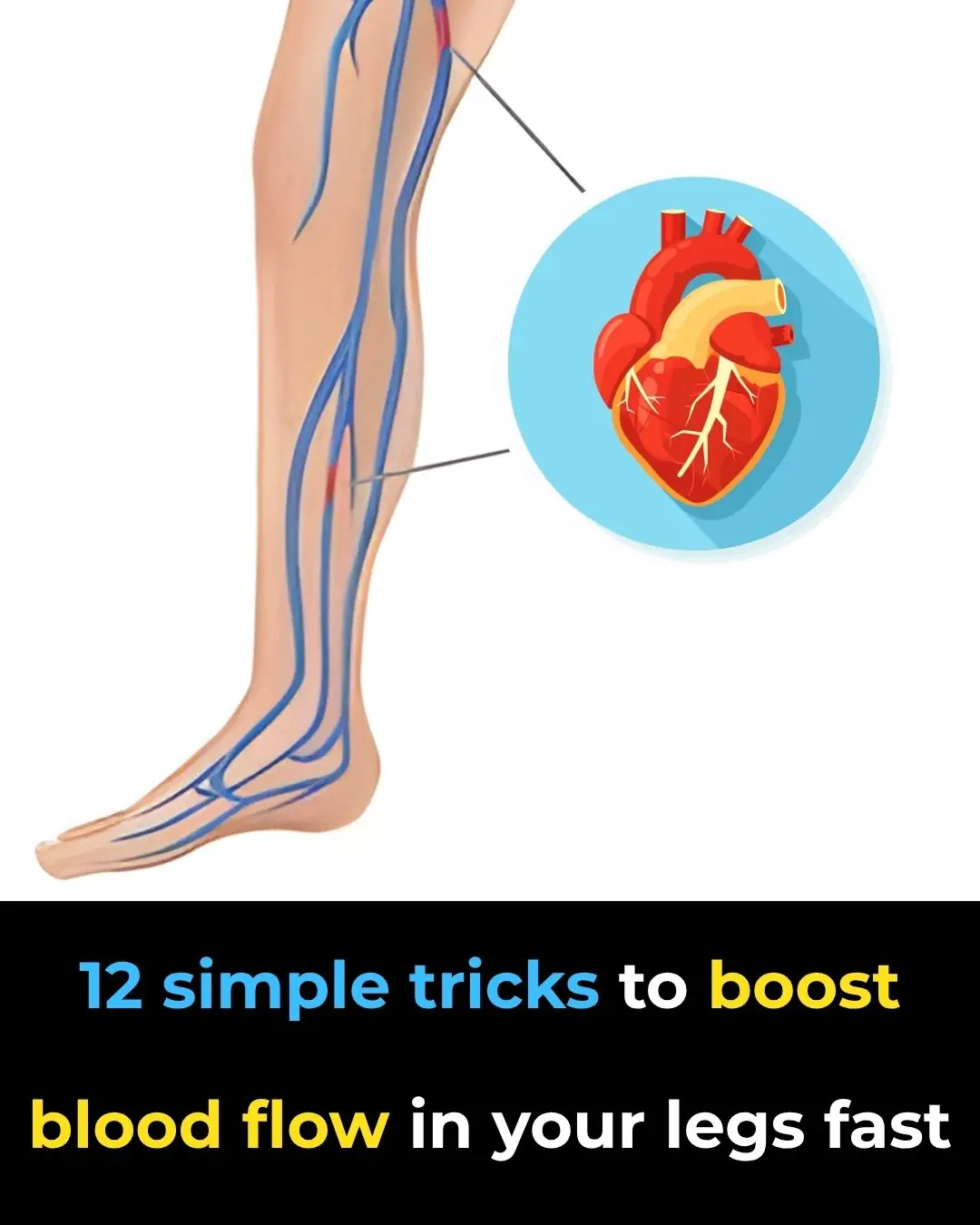
Top 12 ways to quickly improve blood circulation in legs

Tingling Sensation In Your Body: Why Does It Happen
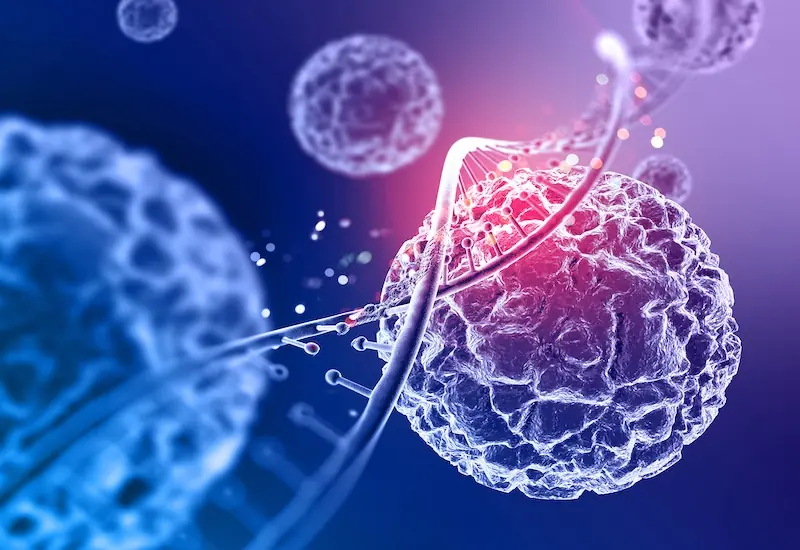
5 Breast Cancer Signs You’ve Never Heard Of — But Shouldn’t Ignore
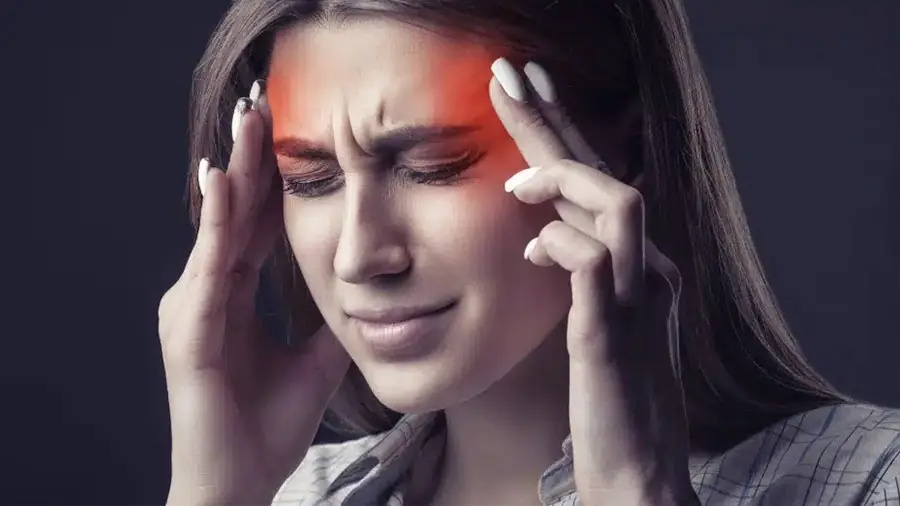
YOUR BODY’S SCREAMING FOR HELP — DON’T IGNORE THESE HIDDEN DEFICIENCY SIGNS
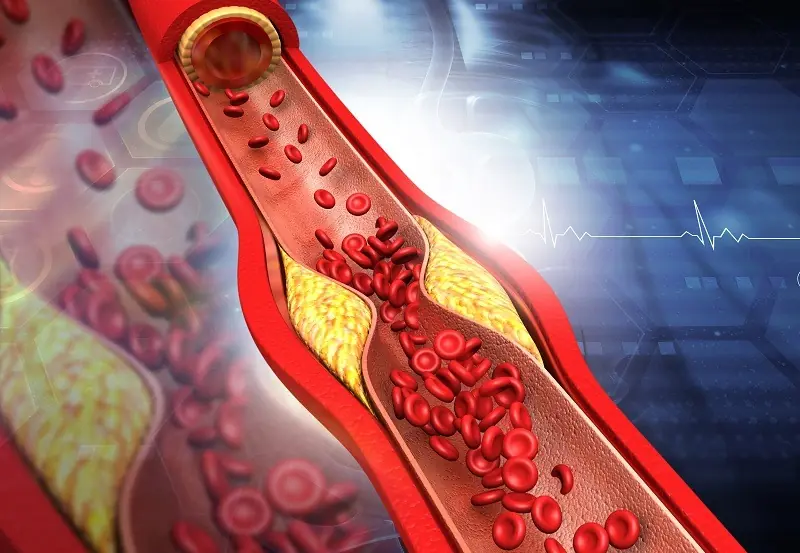
SUBTLE WARNING SIGNS OF CLOGGED ARTERIES AND HOW TO UNCLOG THEM NATURALLY

Scientists have just uncovered a game-changing reason to eat an egg every day

What Happens If You Eat 4 Whole Eggs a Day for 30 Days?
News Post

A Real-Life Superhero: The Mother-in-Law Who Became a Caregiver and a Lifeline

The Dog Who Wore a Sheep’s Skin.

A Simple Act of Kindness: Man Rescues Turtles from the Dinner Plate

Jimmy the Bear: A Story of Love, Care, and Compassion

A Seventeen-Year-Old’s Battle for Tomorrow: Yerasyl’s Fight for Life

Black Locust (Robinia pseudoacacia): 14 Surprising Benefits and How to Use It at Home

A Rare Sight: Bright Orange Nurse Shark Makes Scientific History in the Caribbean

Two Lives Powered by Machines: Madzia and Nina’s Fight Against Myasthenia Gravis

A Car Repair That Means Freedom: Wiktor’s Fight Against SMA

Monkeys, Mischief, and a Wedding to Remember: The Night Thailand Went Dark

Tragic Incident at Cincinnati Zoo: A Gorilla’s Life Lost in Effort to Save a Child

The 5 fruits secretly damaging your brain after 50

The #1 silent sign your kidneys are in trouble (and it’s not your urine)

Why Some People’s Skin Turns Red When Drinking Alcohol

Theo’s Journey: A Day of Progress, Challenges, and Unwavering Hope – October 21st Update

Home Again: A Family’s Journey Through Joy, Exhaustion, and Uncertainty

When the Jungle Looked Back: The Astonishing Case of Chimps Trying to Domesticate Alligators

Tiny Hero, Big Heart: The Chihuahua Who Stared Down a Mountain Lion in Colorado

Zach Biggers: A Small Town Hero’s Fight Against Cancer
